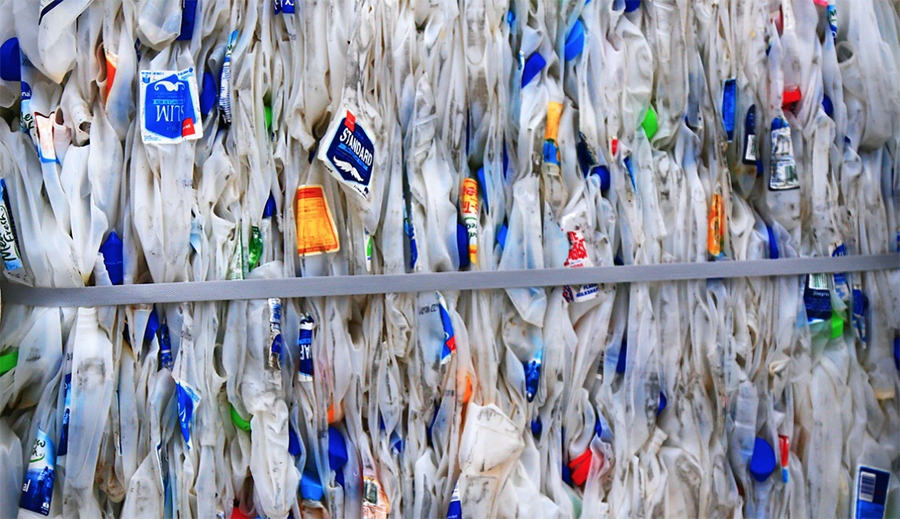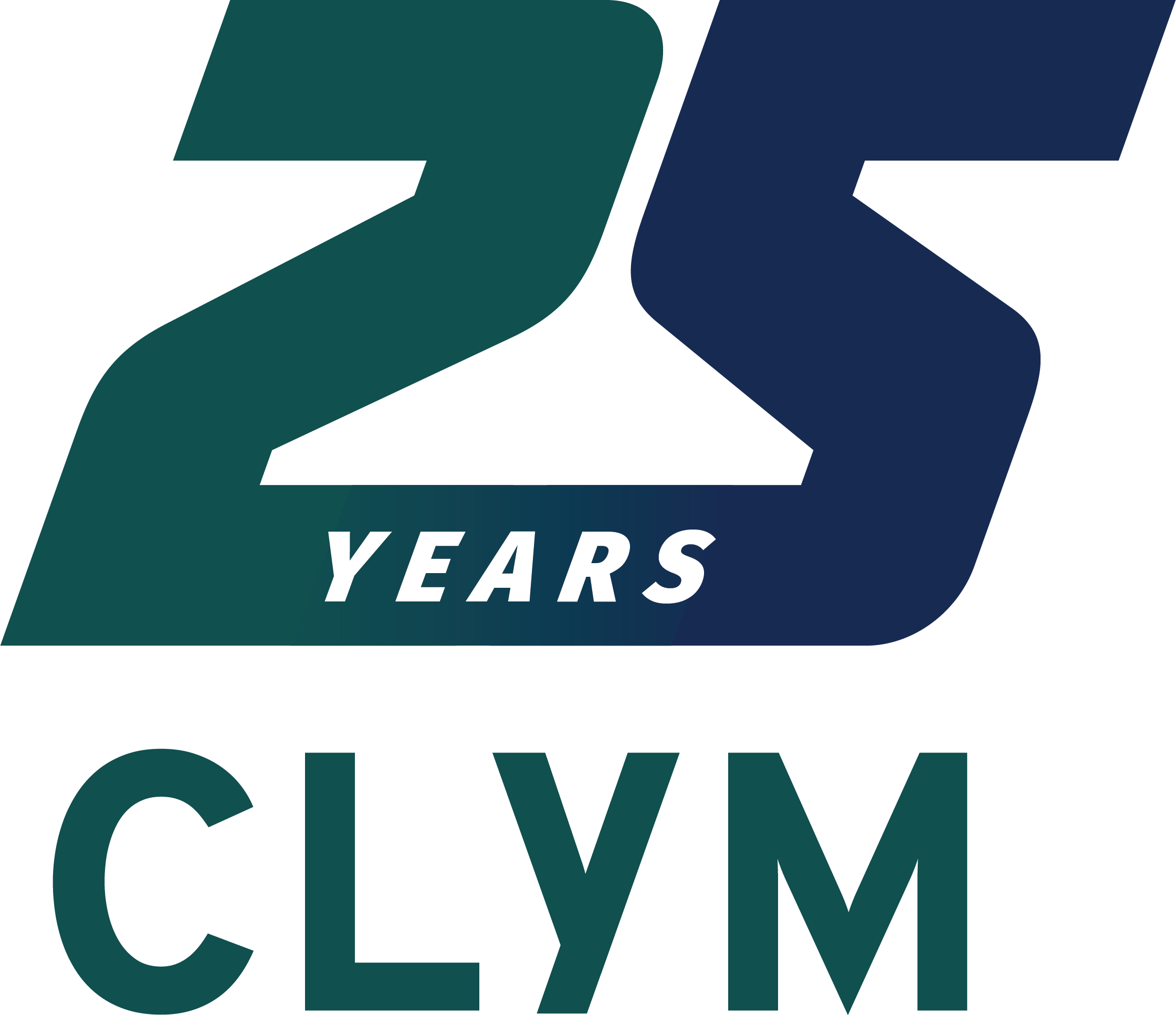
Coronavirus and the disease it causes, COVID-19, is currently at the top of the world’s collective mind. We seem to have more questions than answers at the moment related to this novel virus. How exactly is it transmitted? When will we have a vaccine? How long will the quarantine go on? And for companies like CLYM Environmental Services and others involved in the safe management of medical waste, many other questions are in play.
That’s why CLYM is carefully monitoring everything about the COVID-19 outbreak, especially with regard to infection control and how best to manage the medical waste produced by those who contract the virus and their medical providers.
What we know for certain is that an increasing amount of regulated medical waste— such as needles, sharps, contaminated gloves and gowns, gauze, and other pathological waste— is being generated daily by patients with confirmed or suspected cases of COVID-19. However, as of April 2020, the Center for Disease Control (CDC) has determined that COVID-19 medical waste can be safely managed in accordance with the routine procedures already in place for the processing of Category B waste. In other words, according to the CDC, there is no evidence at this point to suggest that waste generated by patients with confirmed or suspected cases of COVID-19 needs any additional disinfection.
The CDC has concluded that, when following appropriate treatment protocols, the coronavirus can be killed using normal medical waste treatment methods prior to disposal. Based on these recommendations, CLYM is currently treating and disposing of medical waste resulting from contact with confirmed or suspected COVID-19 patients using mandated treatment protocols for other potentially infectious medical waste materials.
In light of the COVID-19 pandemic, CLYM has updated its coronavirus-related guidelines for the handling and packaging of regulated medical waste:
● CLYM’s drivers do not package waste. Generators must package waste for transport to treatment facilities.
● Hand-tie each bag by gathering and twisting the neck and secure using a twist-tie or a secure hand-knot. Each container must be securely closed.
● Once a secondary container (such as a reusable tub or box) is closed, bags must not be visible.
● Damaged or Improperly packaged containers will not be picked up and will be returned to the generator.
CLYM has been tracking recent reports out of China that point to a backlog in the collection, treatment, and disposal of medical waste resulting from the recent outbreak of COVID-19 in Wuhan. CLYM is working closely with its clients to stay ahead of a comparable medical waste backlog that could result should the number of patients affected by COVID-19 in the US spike radically.
CLYM’s years of experience in the field of regulated medical waste management puts the company in a unique position to support the healthcare community with its most complex needs. As it has done with the collection, treatment, and disposal of infectious agents like MRSA, Ebola, and others in the past, CLYM will continue to ensure the safe and compliant disposal of regulated medical waste products during the COVID-19 pandemic.
